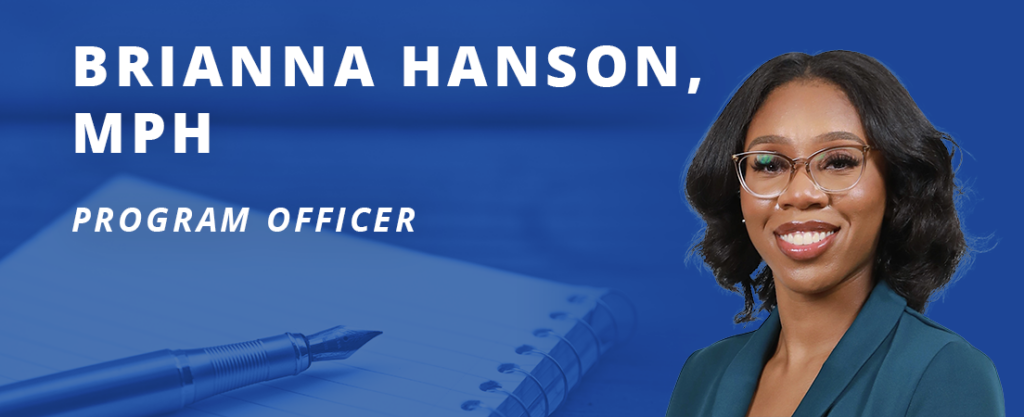The Quality Institute’s longstanding work to improve maternal and infant health (MIH) outcomes in our state accelerates in 2024 with new virtual and in-person work sessions and a collaborative focus on improving access to doula care.
We’ll continue to advance our Maternity Action Plan (MAP), which provides a path forward to address New Jersey’s maternal health crisis. The MAP was created through collaboration with policy leaders, health care professionals, educators, community and social service organizations, advocates, and other experts throughout the state.
Today we’re announcing our new educational work sessions for 2024. To determine the topics for our new MAP sessions, we surveyed Quality Institute members and our MAP partners. The overwhelming response was energizing. The three focus areas will be: food security and housing; building and maintaining a diverse perinatal workforce; and maternal mental health. An in-person gathering will also be held. You can find the full schedule for 2024 here.
The upcoming sessions follow those we held earlier this year. Those sessions focused on changes in our medical education systems to increase the MIH workforce we need; sources of qualitative and quantitative MIH data; examples of payment models for improving MIH; and social and legal supports to improve MIH outcomes. If you missed those sessions, they are still available to watch. At these sessions, we feature subject matter experts and people in the field implementing initiatives that others can learn from to advance change and best practices in New Jersey.
In 2024, in partnership with HealthConnect One, we are bringing together hospital leaders and doulas to create a Hospital Best Practice Guide for Doula Services. By creating a Best Practice Guide for use across New Jersey, we hope to create a better climate for advancing birth outcomes and equity for doulas and their clients, as well as hospitals, their clinicians, employees, and patients.
Doulas play an important and unique role in a pregnant person’s care throughout the perinatal period. Together, hospitals and doulas need to consider the benefits doulas provide and propose updated hospital policies to support pregnant patients who choose to have a doula. Both hospitals and doulas have valid concerns and questions that are driven by the lack of clarity within a highly regulated setting. These concerns are heightened because, as a community-based profession, the role of a doula is not licensed or regulated.
As Program Officer, I’m eager to work on this guide. I personally learned about doulas when my cousin used a doula seven years ago for the birth of her first child, and subsequently for her next two births, in New York City. I saw how the entire family was supported by the doula, and how the mom and dad’s voices were respected and included in the decision-making process.
I urge everyone to read the MAP, which provides actionable steps to improve MIH in New Jersey. At the Quality Institute, we thank all those who helped us create the MAP and those involved in our work sessions in 2023. We’re thankful to Robert Wood Johnson Foundation for continued funding. We look forward to expanding the work and driving needed improvements into 2024.

